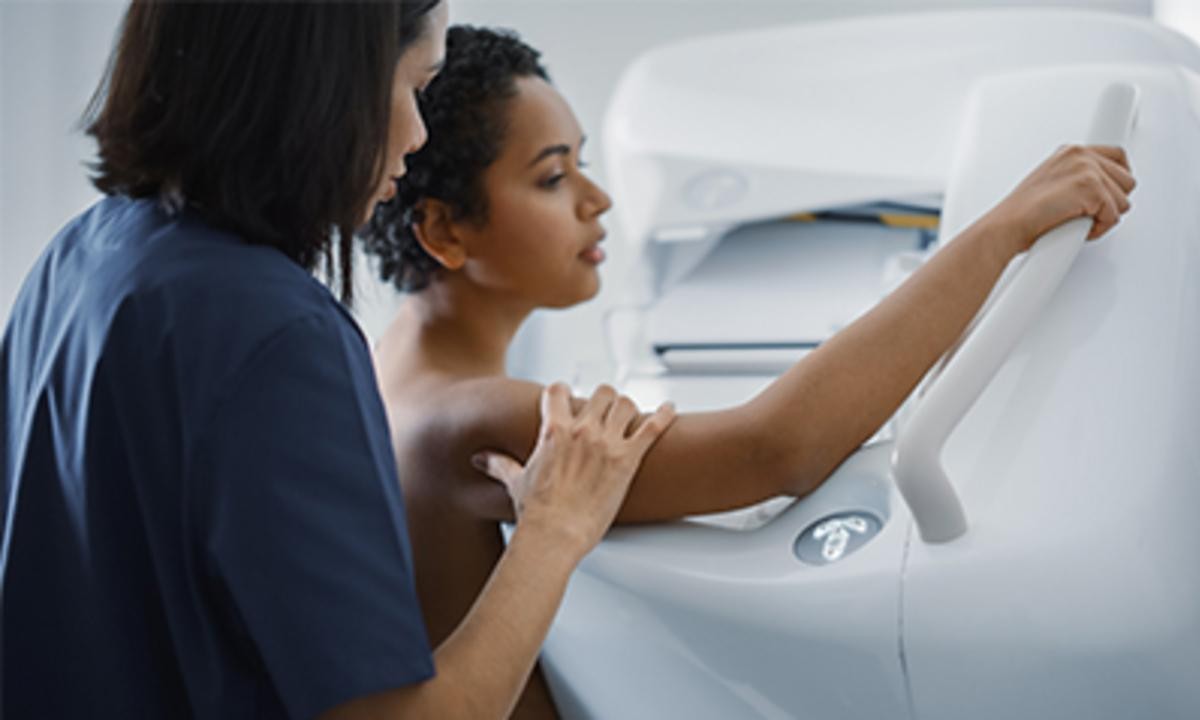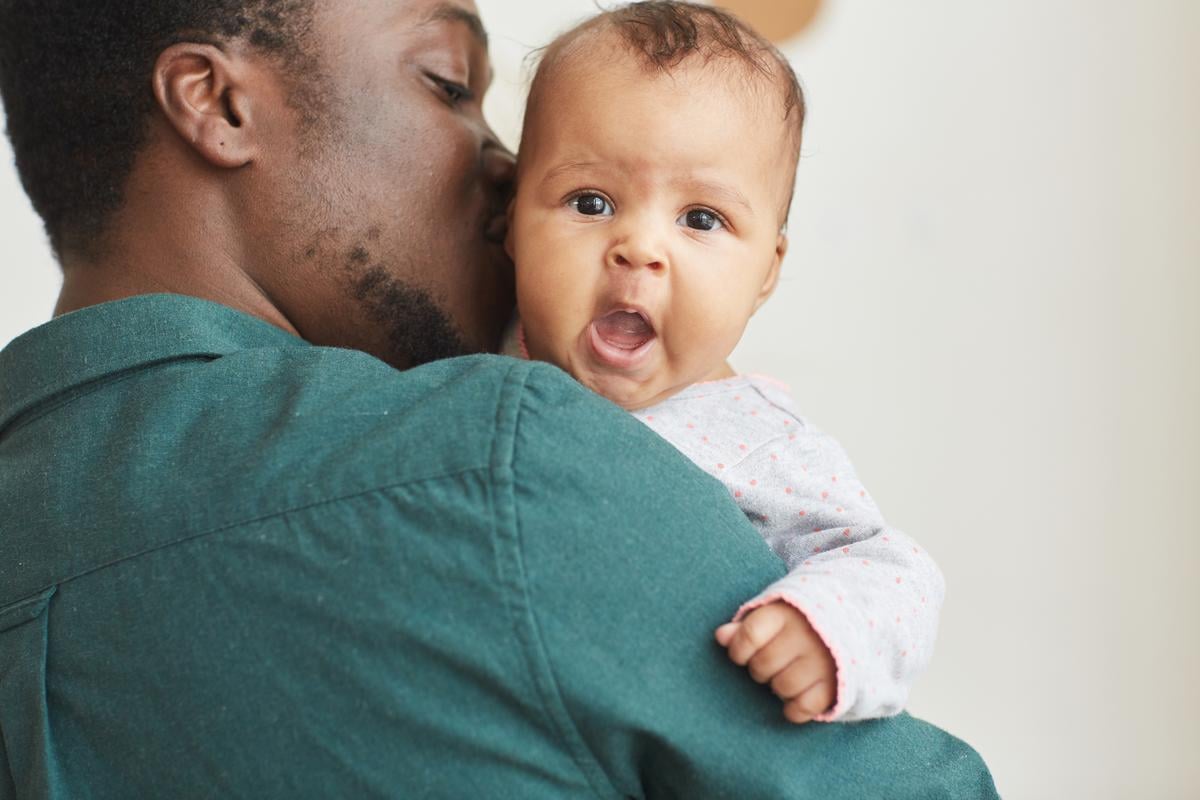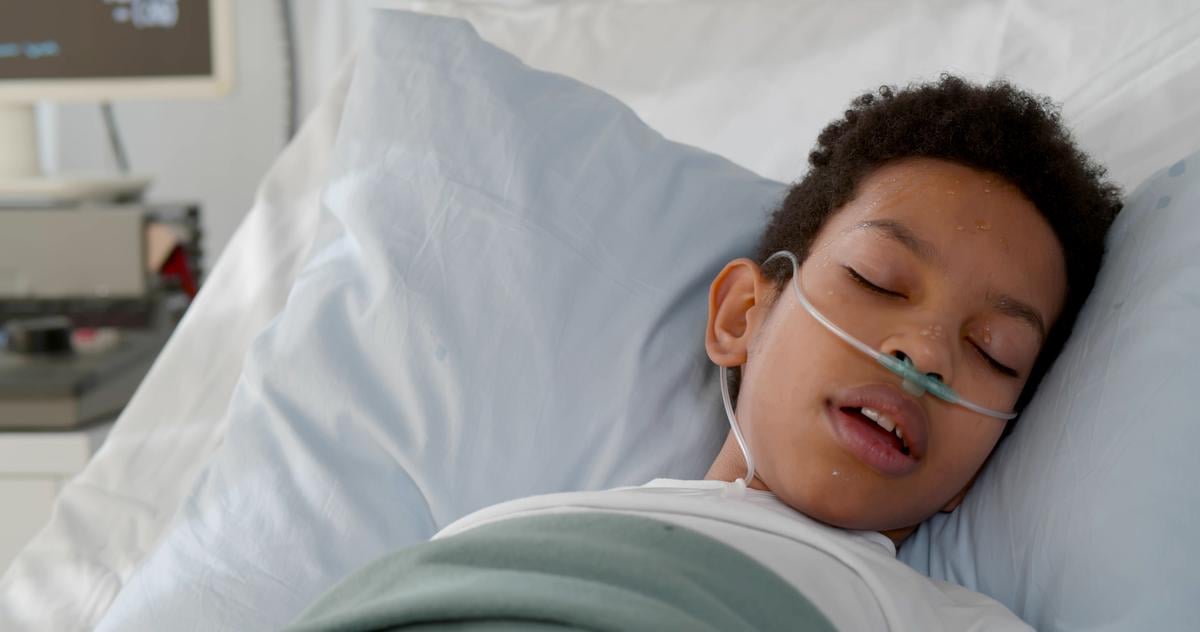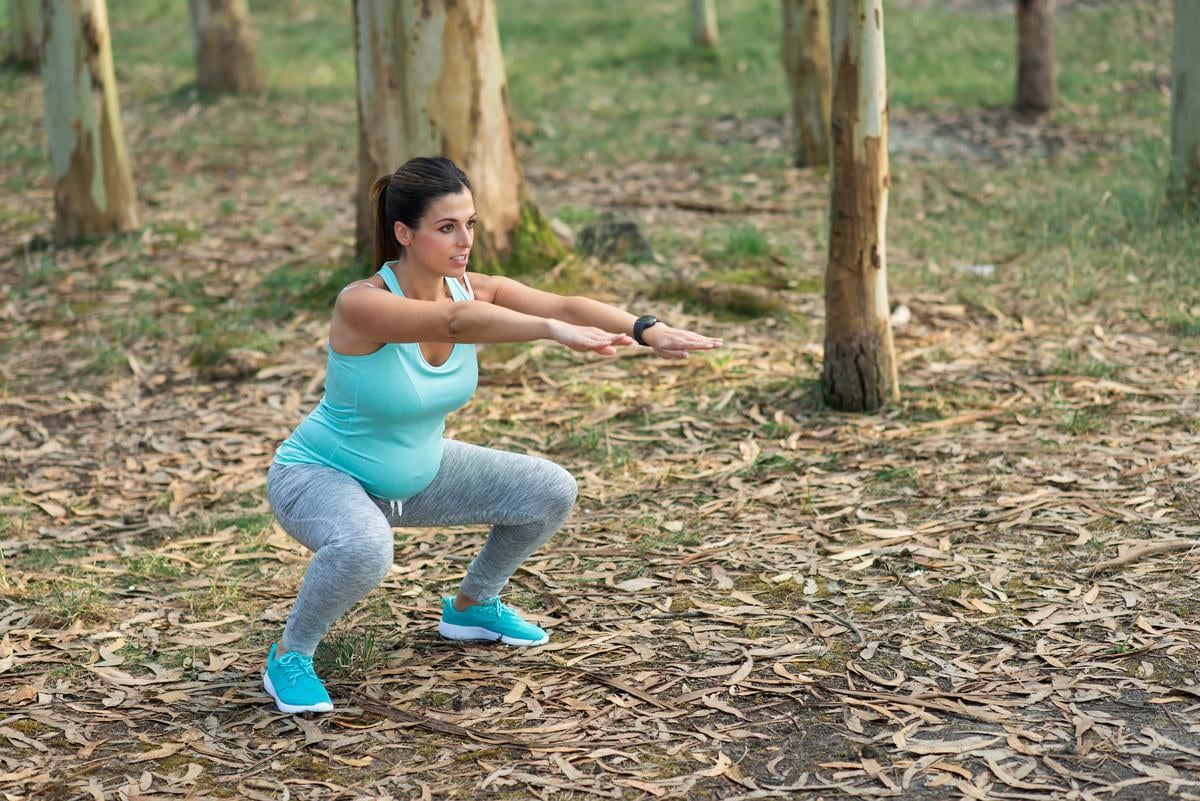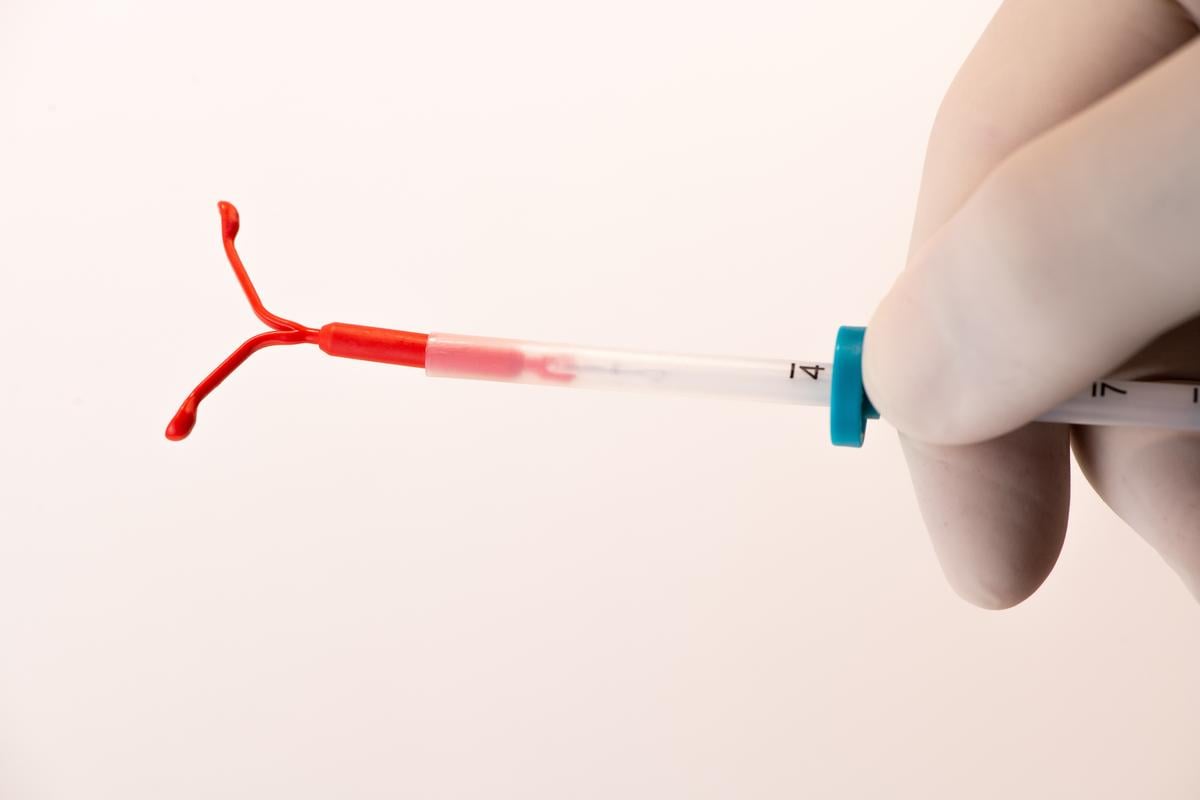
Intrauterine devices (IUDs) may raise the chances of a breast cancer diagnosis for women who use the hormonal birth control method, but that risk remains low, new research finds. In the study of 150,000 Danish women, published this week in the Journal of the American Medical Association, researchers discovered there was a 40% higher risk of… read on > read on >










